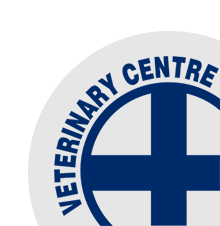Inspirational Case of Oral Cancer
/Alkatraz came in for a vet check-up after her owners noticed she had bad breath and something going on in her mouth.
After examination, she was diagnosed with a large tumor on the underside of her tongue. The tumor was found early enough that it could still be removed, but in order to do this Alkatraz required amputation of most of her tongue. This is a life changing surgery, and it was unknown how well Alkatraz would adjust to living without a tongue.
The surgery was complex but successful. Analysis revealed the tumor was a squamous cell carcinoma, a highly invasive tumor and the second most common oral cancer in dogs. Fortunately the entire tumor had been removed and there was no sign of spread meaning Alkatraz was deemed cancer free.
Alkatraz surprised everyone with how quickly she recovered from surgery. She adapted to new ways of eating and drinking such as ‘chomping’ at her water instead of lapping it.
18 months on, and despite being recently diagnosed with a rare hormonal condition, Addisons disease (unrelated to her tongue), Alkatraz is doing great and her story has since helped reassure owners of other dogs facing tongue amputations.











